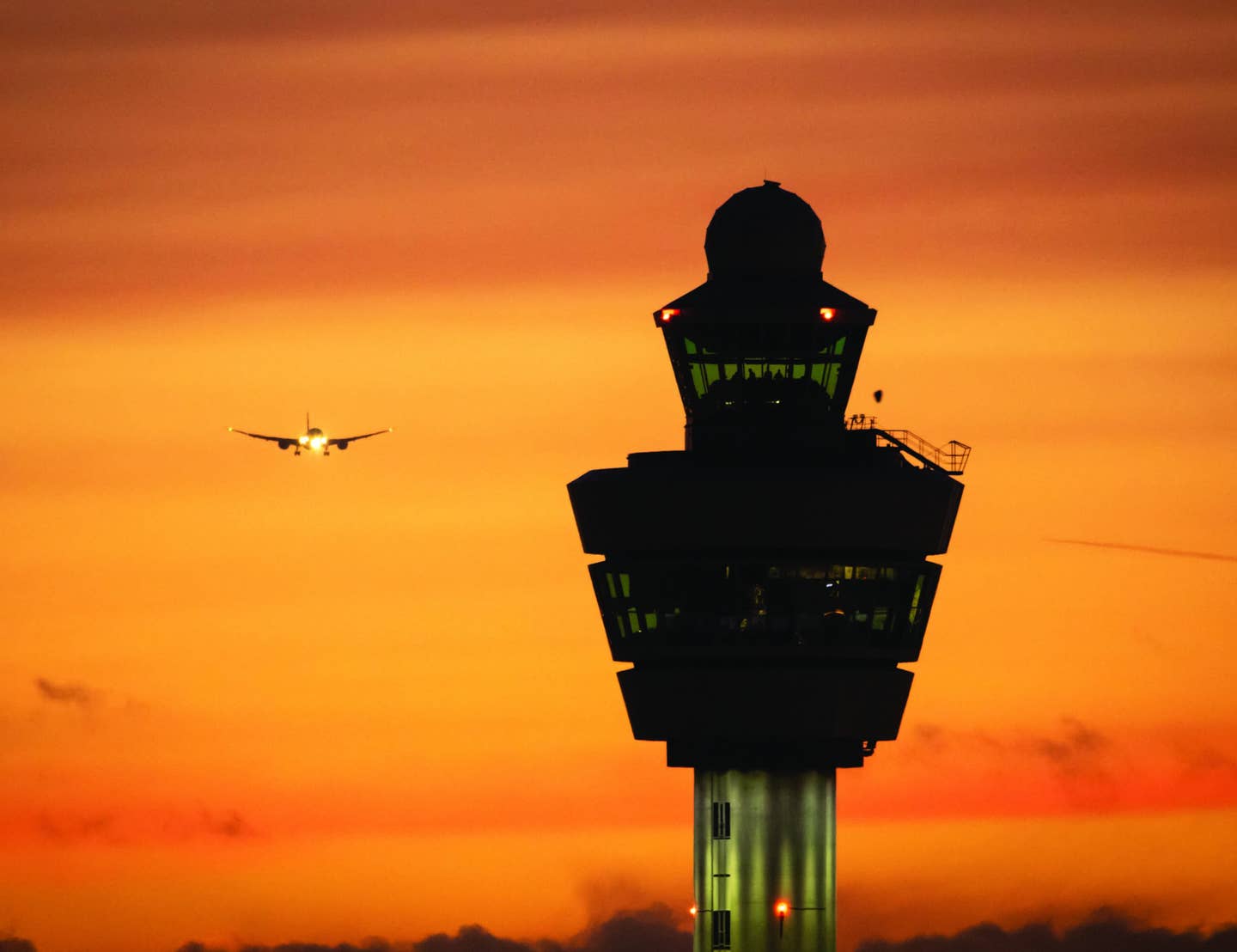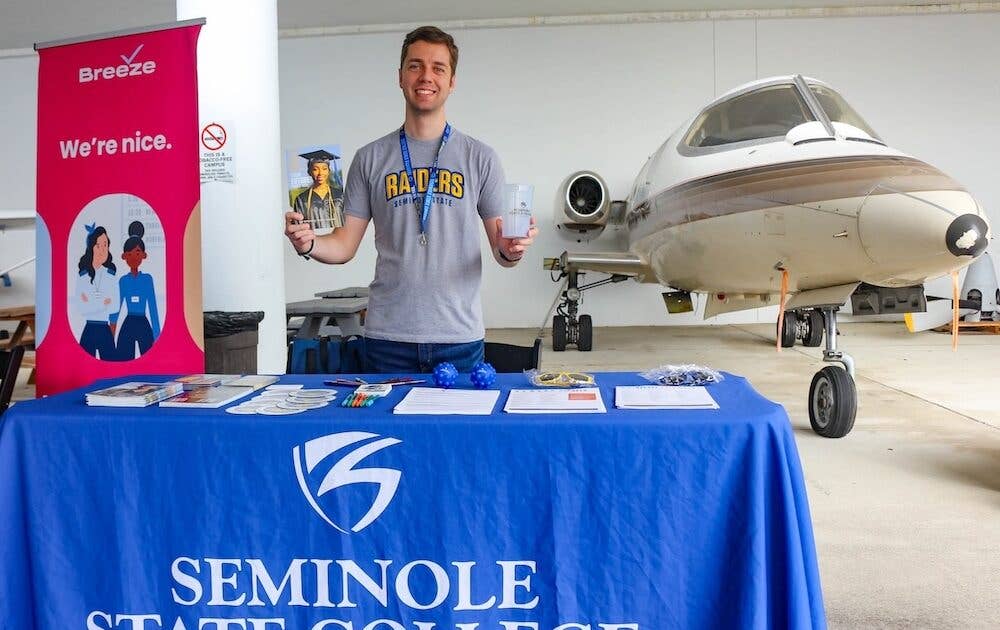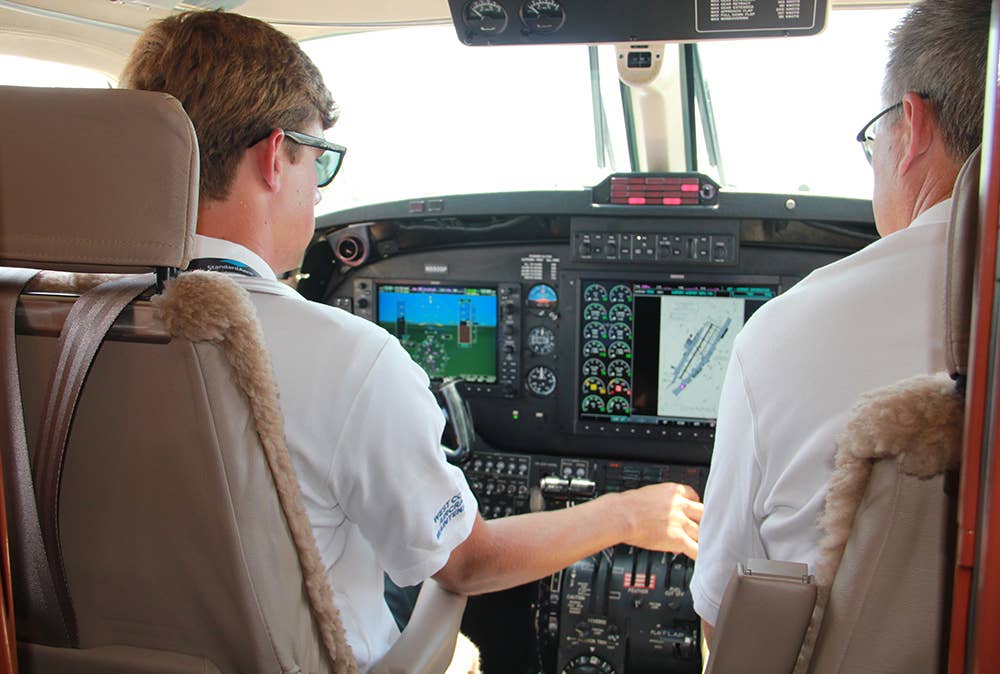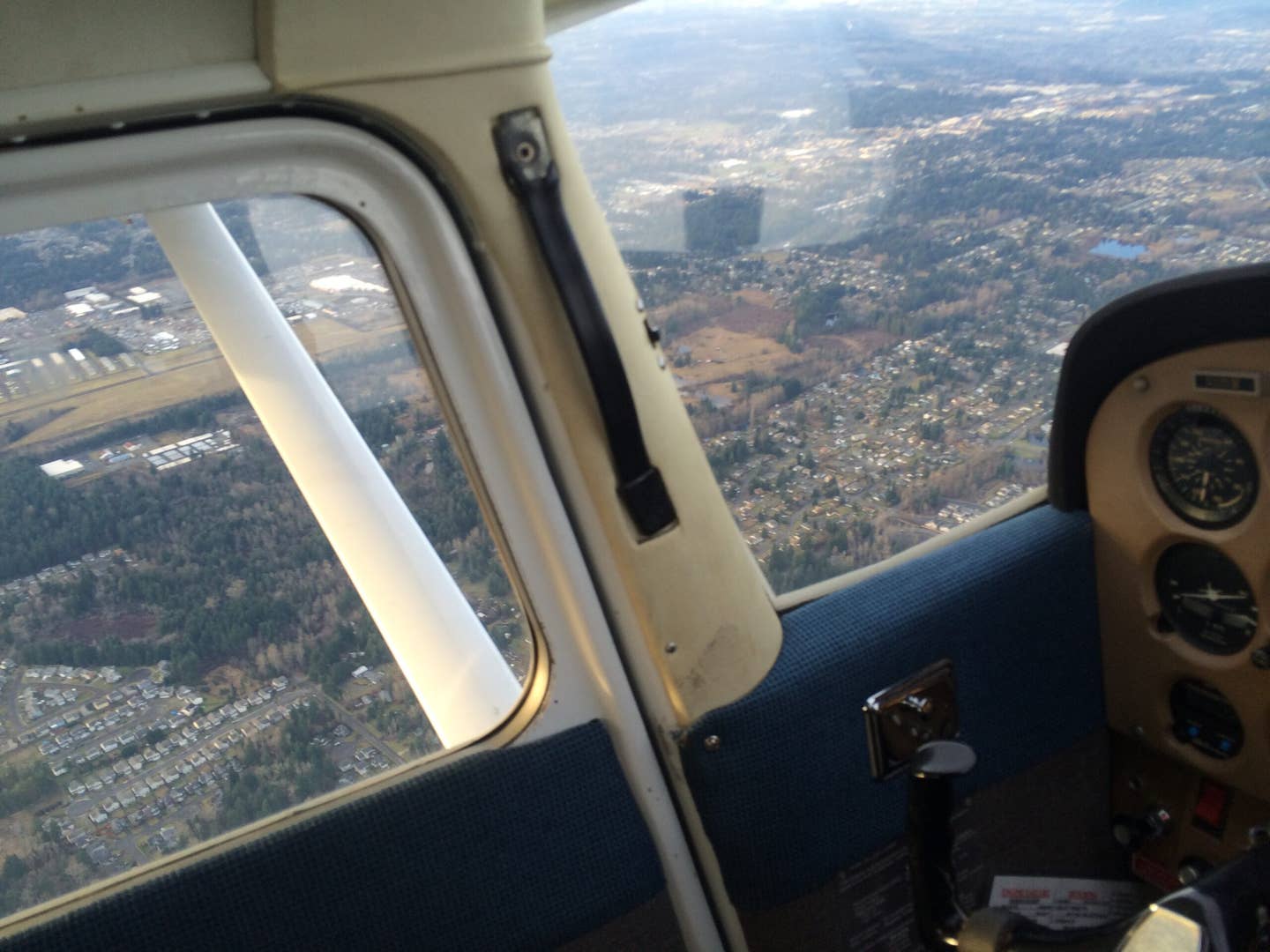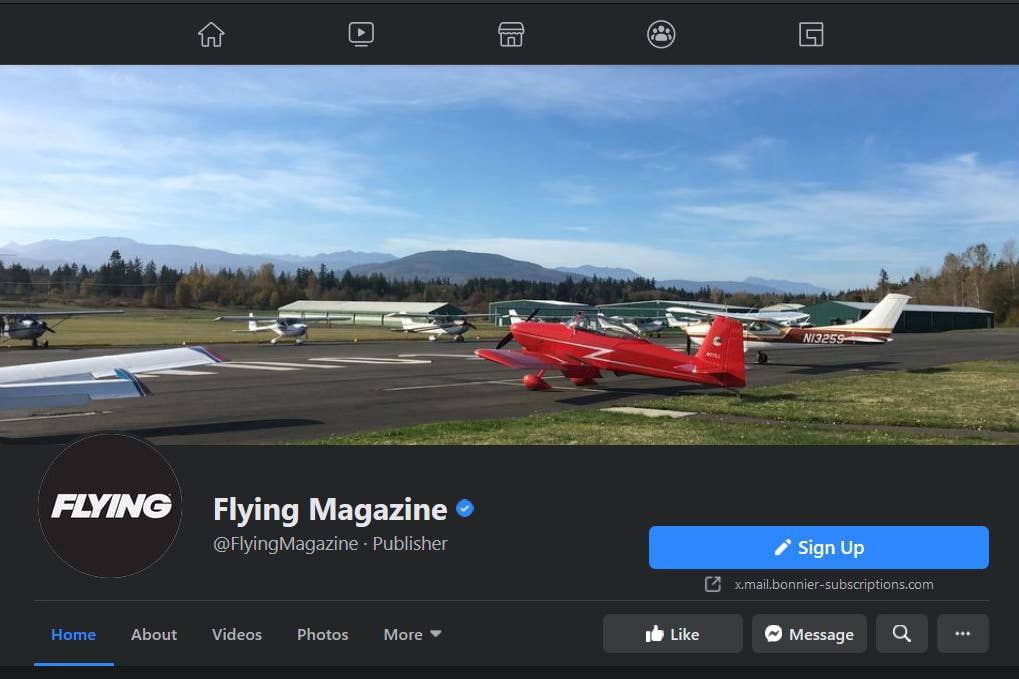
Social media has helped forums proliferate—and has lowered the bar to entry—with generally positive results. Flying
Aviation forums cover a wide range of special topics and exist on a variety of channels. Knowing which deliver the best advice and community will help you steer clear of those who might derail your training with bad information.
Greg Brown’s Student Pilot Pep Talk Group on Facebook stands out above many, and it can be taken as an example of the right kind of forum in which to participate. With roughly 2,400 members, the group sticks closely to the goal of mentoring and providing mutual support for students, both from fellow students and flight instructors. Moderator (and founder) Greg Brown, a longtime CFI, keeps close tabs on the group to maintain an air of camaraderie—and weeds out those who don’t contribute positivity, in the spirit of the group. Because it’s a private group, you’ll need to answer questions to join—but that helps to keep the conversations on track.
Other associations that specifically offer instructional tips and expert advice include SAFE (Society of Aviation and Flight Educators) and NAFI (National Association of Flight Instructors), which has just launched a mentorship program on its Facebook page. Both deliver information and contacts that may be useful to you as you seek an instructor, or communicate with the one you’ve got. AOPA (the Aircraft Owners and Pilots Association), EAA (the Experimental Aircraft Association), Women in Aviation, and The Ninety-Nines also offer support and mentorship through their various channels.
If you’re training in a particular state, search on that state to find groups focused on aviation at the state of regional level, such as the public group, Iowa Aviation Promotion Group. Students learning to fly outside the United States can often locate a national group via Facebook that offers a country-specific aviation community and contacts that are useful for flight training in that country. Case in point: Aviação Portugal on Facebook, based in (you guessed it) Portugal.
Airport user groups also form a category to check out on social media—and get even more specific to where you are flying, and the challenges you might face at that airport or in that region. Various companies in the business of flight training can have groups as well, such as alumni or current student groups within an aviation training organization—or groups like Russell Still’s Gold Seal Ground School group, which stays very active on training topics. It’s definitely worth looking up the flight school or company from which you’ve purchased training materials to see if they have a worthwhile forum to join. You may get marketed to, but you may also get some sound advice from people who really care about your success.
Flying Magazine also hosts its own Facebook page, and on it you’ll find the latest news and aviation developments that might affect your training. Through Flying’s social media channels, also on Twitter and Instagram, you can contact the editorial staff to ask questions—and we’ll work to steer you in the right direction. Many of us are instructors as well as journalists, and we love to find answers for you.
Broader general aviation groups on social media tend to be more of a free-for-all, and unless you have a thick skin—or can sort through the useless or bad info from the good stuff—you may want to steer clear. It’s a great way to kill time, watching someone’s latest stunt posted on YouTube, but that may be time better spent in focused study.

Sign-up for newsletters & special offers!
Get the latest FLYING stories & special offers delivered directly to your inbox



